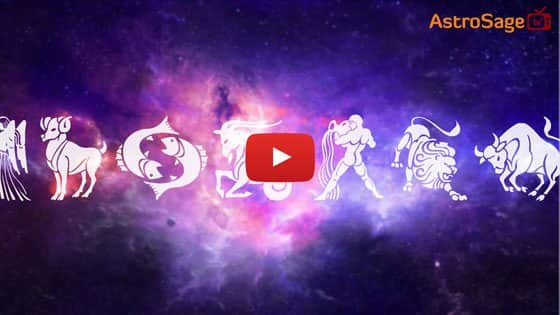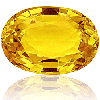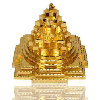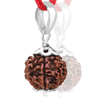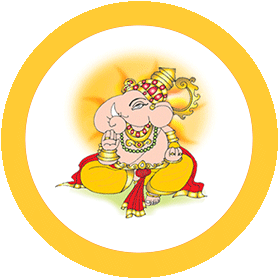পঙ্গাল সংক্রান্তির 2088 তে দিন এবং মুহূর্ত
2088 এ থাই পঙ্গল কখন?
15
জানুয়ারী, 2088
(বৃহস্পতিবার)
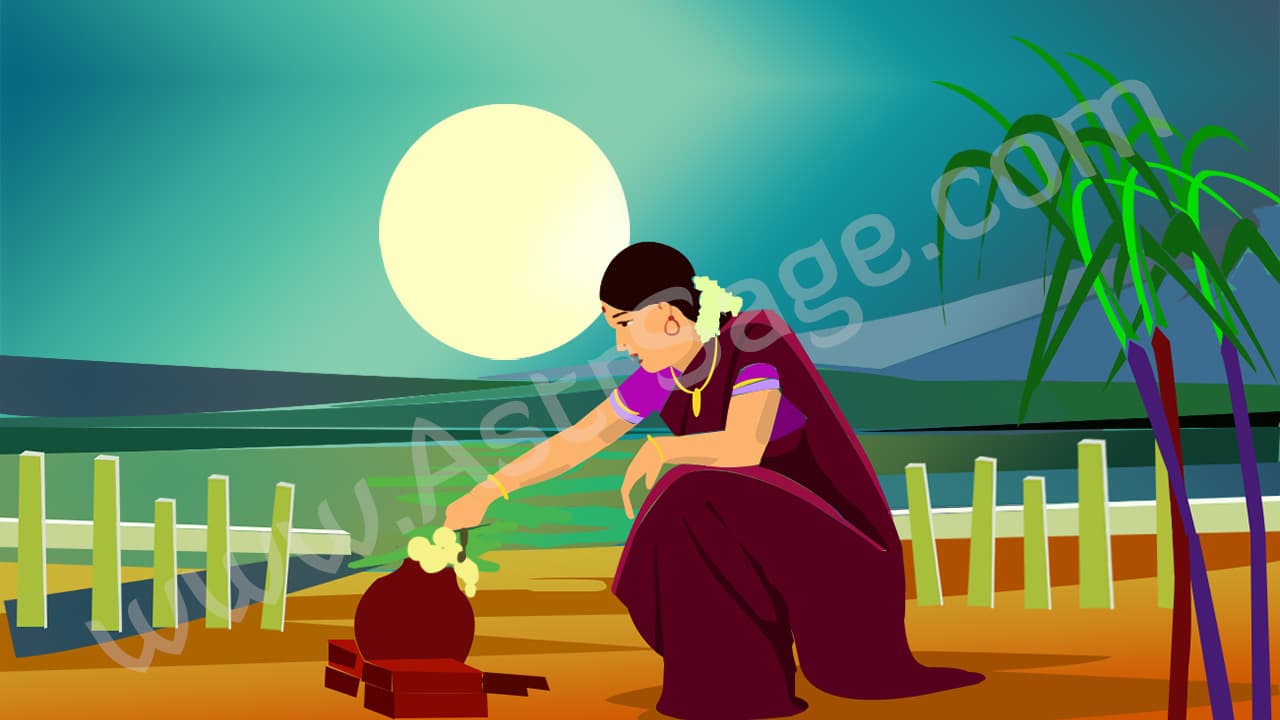
থাই পঙ্গল সংক্রান্তি সময় For New Delhi, India
সংক্রান্তি মুহূর্ত:
12:27:24
আসুন জেনে নেওয়া যাক 2088 তে পঙ্গাল সংক্রান্তি কবে এবং পঙ্গাল সংক্রান্তি 2088 র দিনাঙ্ক এবং মুহূর্ত।
Pongal is a harvest festival which is celebrated in Tamil Nadu for four days. It is the most popular festival and is mainly celebrated in the southern states of India four days to devote a vote of thanks to nature. It is enjoyed in the month of Thai (January - February) during the season when crops like rice, sugarcane, turmeric, etc. are being harvested.Pongal is likely to fall on 14th or 15th January and is the most essential Tamilian festival. Tamilians has a strong belief that family problems will be resolved during the Tamil month Thai beginning on the Pongal day. The famous saying Thai Pirandhal Vazhi Pirakkum meaning Along with joy and happiness, the month Thai will also bring new opportunities is often quoted in respect to Pongal festival. This month is meant to be auspicious for wedding ceremonies.
Ceremonies performed in the festive carnival
The First DayThe first day of the festival is celebrated in the honor of Lord Indra as Bhogi festival. Lord Indra is said to be the God of rain, that is why, he is being honored for providing prosperity to the land.
On this day, people throw their useless household items into the bonfire made up of wood and cowdung cakes, that is why, it is also observed as Bhogi Mantalu. Songs are sung in the honor of God and dance is performed around the bonfire by the girls. In order to keep warm during winter solstice, bonfire is enlightened.
Some ceremonies are being carried out along with worshipping, on the second day of carnival. The rice is boiled in the milk in an earthenware pot outside the house which is then owed to the Lord Sun along with other offerings. People put their traditional clothes and accessories. The ritual utensils used in the ceremonies are disposed off by the husband and wife. A turmeric plant is tied with the pot which has to be used for boiling rice. Following offerings are also incorporated -
1. Two sticks of sugarcane is decorated in the background.
2. Dishes are enhanced with the coconut and bananas.
The most common ritual of Puja is to trace before the house in a traditional way using the white lime powder. This ritual is followed early in the morning after bathing by the lady of the house.
The Third DayThe third day of festive carnival is known as Mattu Pongal which is meant to be the day for cows. Cows are worshipped after adorning with multi coloured bells, swag of flowers, tinkling bells and sheaves of corn. After feeding cows with Pongal, they are taken to villages. Reverberant sound of their bells attract the villagers and the men organize a race within cattles. In order to wave off the evil eye, aarti is carried out on cows. Due to joy among people, the atmosphere will also be filled with fun and happiness.
The Fourth DayThe final day of carnival is known as Knau or Kannum Pongal Day. A turmeric leaf is washed properly and is then placed on the ground. The residue of sweet and Venn Pongal, ordinary rice, coloured rice, plantains, betel leaves, betel nuts and two pieces of sugarcane are placed on that leaf by the woman of the house before bathing. All the women of house gather in the courtyard of their house. In the center of leaf, rice is placed and pray for their brothers family to flourish. With turmeric water, rice and limestone, aarti is carried out for brothers. And this water is sprayed on the kolam in front of the house.
Legend behind celebrating Pongal
As per the legend, Lord Shiva sent his bull, Nandi to the earth in order to ask the mortal to have an everyday oil massage and bath and to have a meal once in a month. But Nandi promulgated that everyone have an oil bath once in a month and a daily meal. This infuriated Lord Shiva and he cursed Nandi to live on the earth forever. Ploughing of fields and helping people in the production of more food will be his tasks. Hence, this day is related to the cattle and harvesting of crops for new yield.
Historical Viewpoint on Pongal
Pongal is mainly celebrated in southern states of India specifically Tamils. It was discovered as Dravidian harvest festival in the Sangam Age in between 200 B.C. to 300 A.D. and this is also mentioned in Sanskrit Scriptures.
In Sangam era, maidens observed Pavai Nonbu which was very popular during the empire of Pallavas. It was celebrated during Margazhi, a Tamil month. On this day, girls beseeched for rain and shower of prosperity on our country. Whole month, they maintain a distance with milk and it?s products. They don?t even oil their hair and restraint themselves from using the harsh words while conversing. Bathing early was also a ritual. They carve the idol of Goddess Katyayani using wet sand and then worship it. They terminated this penance on the first day of Tamil month Thai. Due to these customs and traditions, ancient age gave arise to Pongal.

 ₹
₹ 



